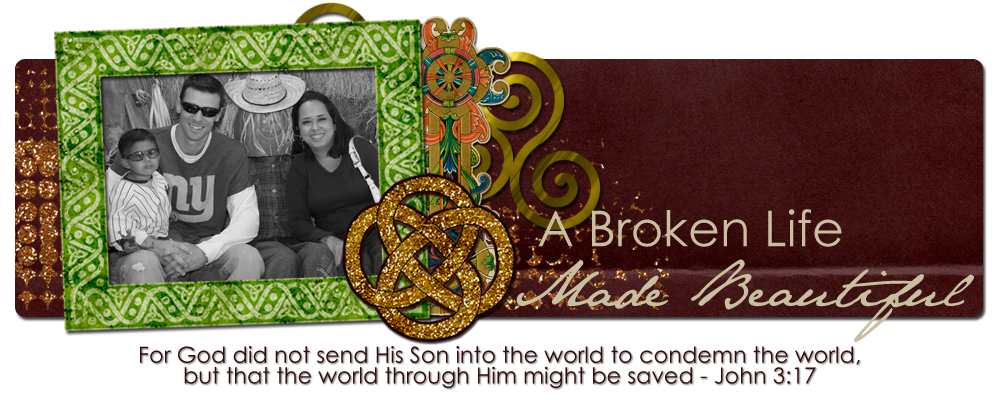We still have not received any sort of uncanned response from UNICEF as to their stance on everything that is going on. Our agency has asked us to spread the word and continue to pressure UNICEF until they quit sending us canned email responses that are so vague that no one understands which side they stand on and start to tell us where THEY REALLY STAND.
Here is the contact information so that you can begin emailing them.
Anne Veneman aveneman@unicef.org
Patrick McCormick pmccormick@unicef.org
Manuel Manrique mmanrique@unicef.org
Kate Donovan kdonovan@unicef.org
Max Gebhardt mgebhardt@unicefusa.org
Corina Peralta cperalta@unicef.org
Ben Amich bamick@unicefusa.org
Here is the letter to cut and paste.
Dear Mr. Gebhardt:
Why won’t UNICEF just say precisely what it is doing in Guatemala right now and what it has done in the past few months?
(1) UNICEF purports to disavow responsibility for Guatemalan adoption policy by claiming that it is up to the Guatemalan government to decide what “in process” means. Yet, it is UNICEF's involvement that raised the issue. Guatemalan law has always been clear that an adoption is “in process” upon registration of a power of attorney with the appropriate Guatemalan ministry. It was only after UNICEF and the Hague Permanent Bureau and the U.S. Department of State got involved with “advising Guatemala on Hague compliance” that the meaning of “in process” became unclear. UNICEF may not make the final call, but UNICEF certainly bears responsibility for this even being an issue.
(2) UNICEF's definition of “due process” begs several questions: What does “verification of the origin of the child” mean? Aren’t two DNA tests, one near the beginning of the process and one at the end, sufficient to “verify” the “origin” of a child? What does “informed consent of the biological mother” mean? Aren’t at least four opportunities during the process for the birth mother to declare her intent to parent the child sufficient to establish consent? Isn’t a report by a family court social worker, prepared after a birth mother is interviewed about the adoption process and the meaning of her decision to relinquish, enough to establish informed consent? Most of all, how is it "due process" for the rules to change midstream?
(3) I believe, after educating myself on the adoption process and on Guatemala generally, that the Ortega bill is a disaster and that bill #3635 is better. Why does UNICEF refuse to even acknowledge 3635? What is the basis for the claim that 3635 is not Hague compliant? Which provisions fall short? What is missing that must be there? Until this is explained by those who claim it (UNICEF, the Hague Permanent Bureau, the Department of State), I am persuaded by Focus on Adoption's analysis of this matter - see www.focusonadoption.com/pdfs/FOA%203635%20Support.pdf. FOA has published what the treaty requires, what 3635 does, and how 3635 complies with the treaty. UNICEF, on the other hand, is choosing to refuse to state publicly what it is doing in Guatemala and why it thinks only 3217 is Hague compliant but not 3635.
(4) Please explain the following remark and what UNICEF believe it means, precisely, for in-process cases: “UNICEF believes that the current legislation includes not only the law which allows private notarial adoptions, but also includes the Convention on the Rights of the Child and the Integrated Protection Law of Guatemala.”
[Insert your signature]
----------------------------------------------------------------------------------------
Friday, October 26, 2007
Subscribe to:
Post Comments (Atom)

1 comment:
aaaaannd DONE! I hope they will give some response Maria!!
xo
Post a Comment